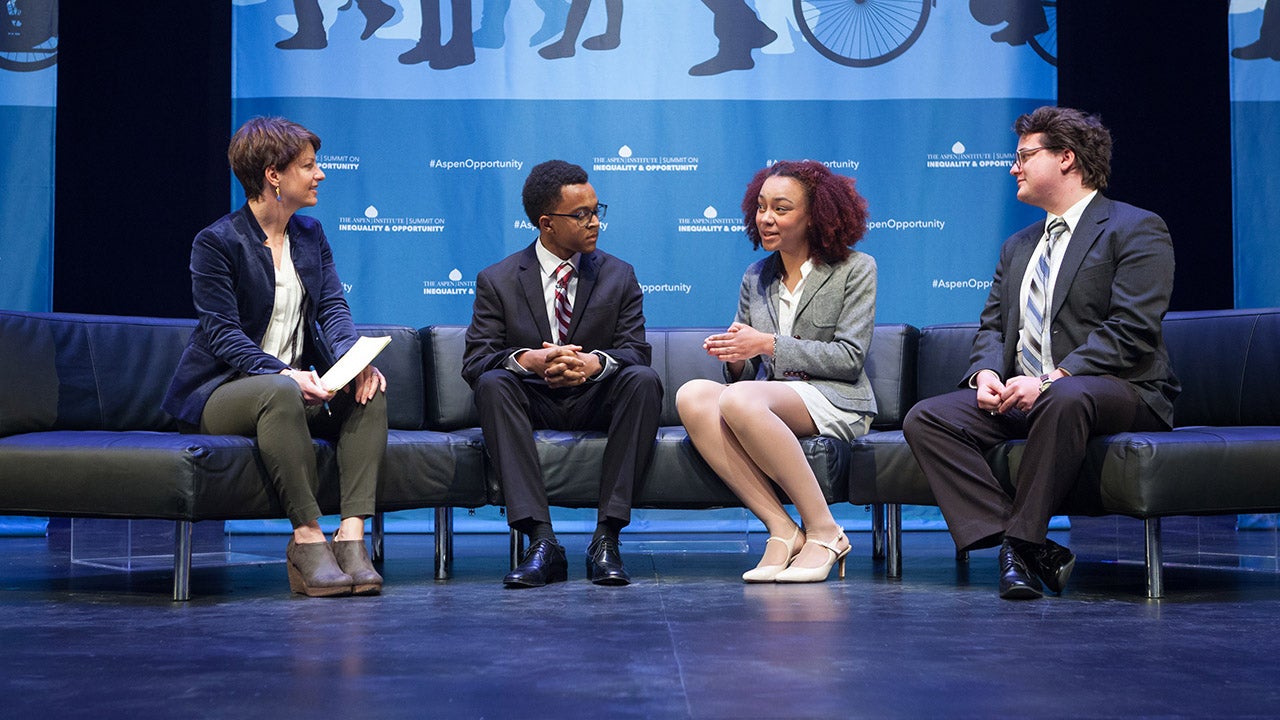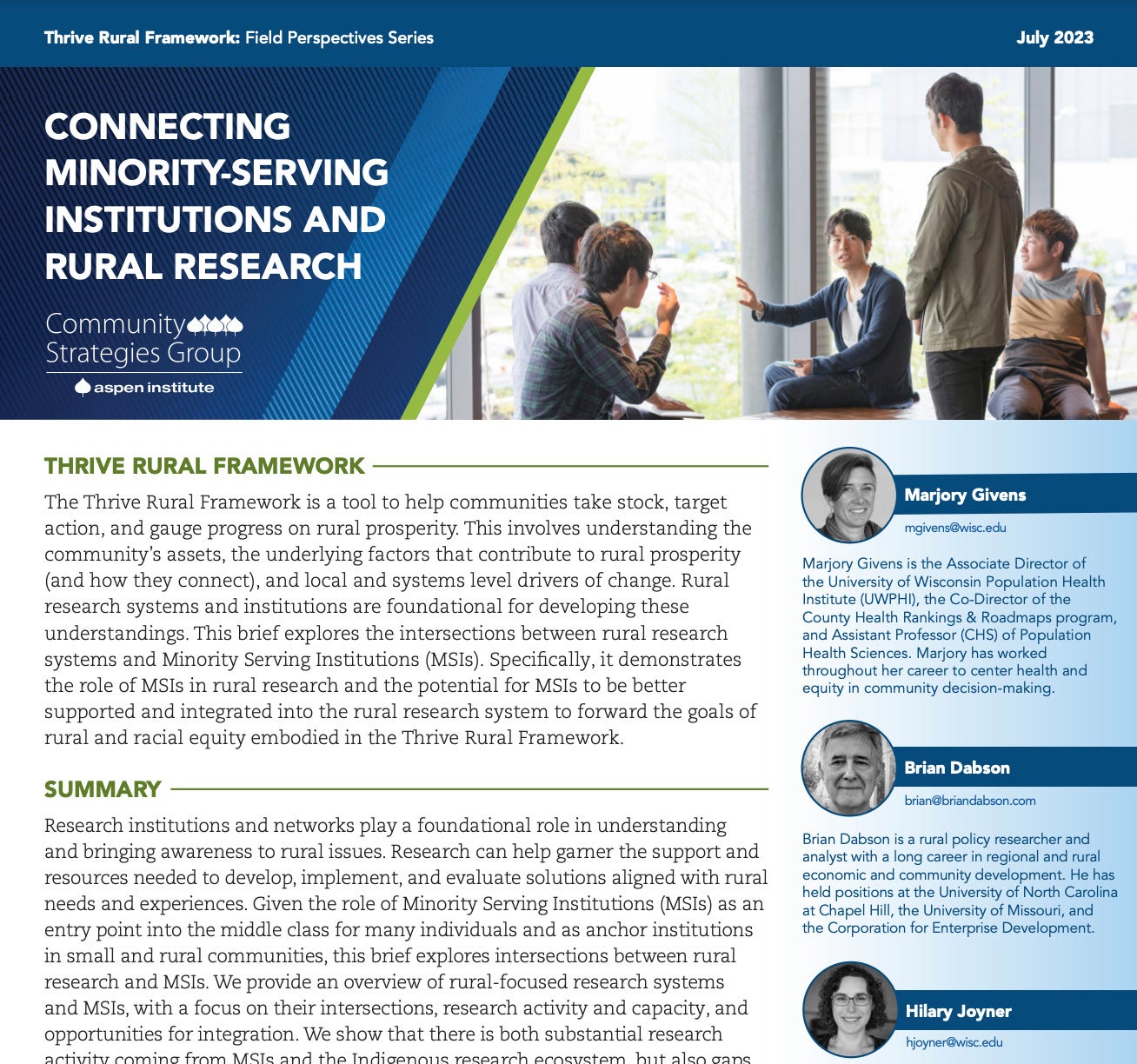The fatal mass shooting at Marjory Stoneman Douglas High School in Parkland, Florida in February sent a shockwave through America as youth respond with nationwide protests against gun violence. Within the past month, both private and public universities have assured applicants that their freedom of expression is valued and that their activism will not affect their admissions statuses.
These protests follow the trend of rising student activism across higher education institutions, which has challenged a host of issues from racism on campus to university inaction regarding widespread campus sexual assault. This activism has been met with criticism from politicians and commentators who say students have a double standard when it comes to free speech — they’re only willing to hear opinions that support their own and will shut down those who disagree.
Those critics are wasting their time, says Dr. Marcia Chatelain. The associate professor of history and African American studies at Georgetown University spoke at the 2018 Aspen Institute Summit on Inequality and Opportunity, where she and other speakers discussed the critical role of higher education in closing America’s inequality gap. Chatelain urged the audience not to condemn activism on college campuses, arguing that students have a clear right to protest speakers and events at their schools. Dismissing that right means dismissing the very aims of higher education.
Oftentimes, student activism brings light to the inequalities that marginalized communities face on- and off-campus. Perhaps the best way to fix the problems of educational inequity and to explore potential avenues for reform is to empower students — to listen to their grievances and acknowledge their needs while engaging with them in healthy discussions about our educational, political, and socioeconomic systems.
Much like time delays in a track and field race influence the outcomes of runners breaking through the finish line, limited access to quality education prevents many low-income students and students of color from attending college and attaining advanced degrees. “We think of education as the great equalizer…unfortunately, the data just don’t support that,” said Ray Boshara, the senior adviser and director of the Center for Household Stability at the Federal Reserve Bank of St. Louis.
In the 2011-2012 school year, 62 percent of black students and 50 percent of Latino students were offered federal need-based aid via the Pell Grant compared to 34 percent of white students, according to the National Center for Education Statistics. Once enrolled in college, black and Latino students are less likely to attain undergraduate degrees within a six-year period. Of nearly 1.8 million students who were awarded undergraduate degrees in 2011-2012, 70 percent were white, while only 11 percent were black and 10 percent were Latino.
Incoming Aspen Institute President Dan Porterfield, who currently serves as the president of Franklin & Marshall College in Lancaster, Pennsylvania, described the merits of removing barriers within higher education for minority students, DREAMers, and those from low-income households. He said that by targeting a diverse range of students, colleges could benefit from unique and substantial talent.
A diverse student population also means a diverse set of opinions and concerns, many of which end up voiced through campus activism. Camille Allen, a sophomore at Barnard College in New York, spoke to the power of student organizing for marginalized youth.
“Students are recognizing that our nation is not fulfilling the promises that we thought we were endowed, and so we’re trying to build change in our own communities,” said Allen. “Before you criticize that, we should understand where students are coming from and try to meet them where they are.”


